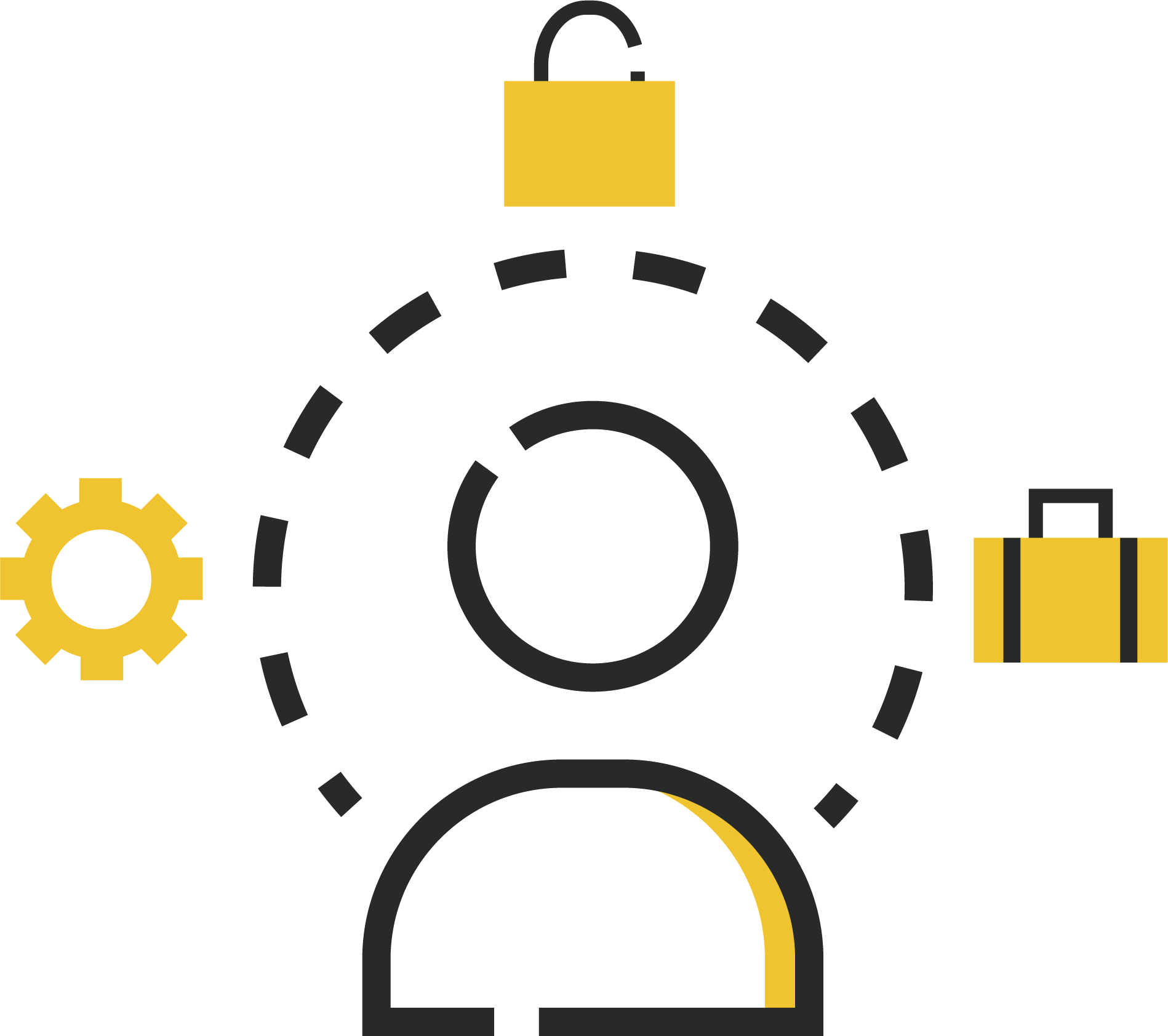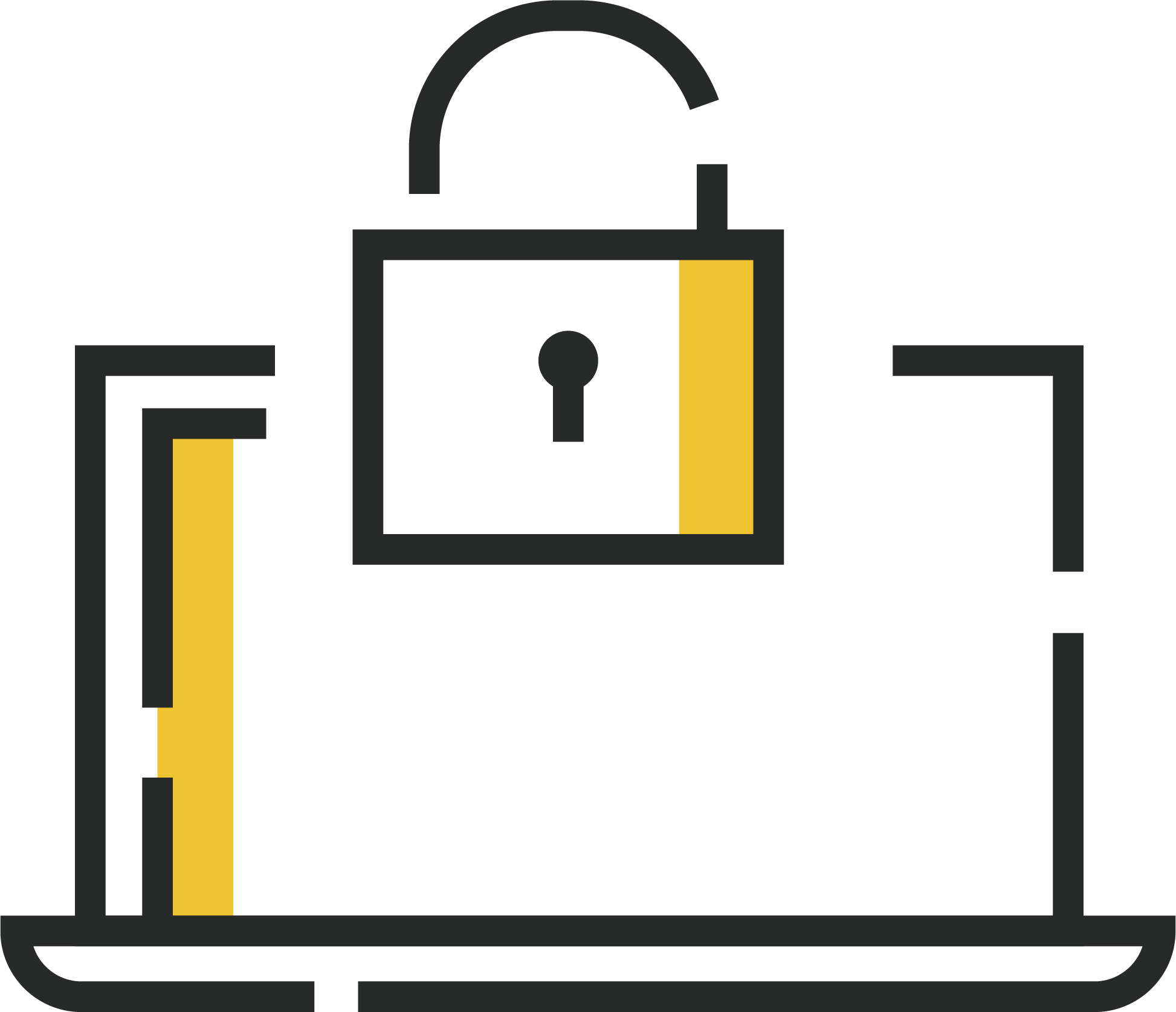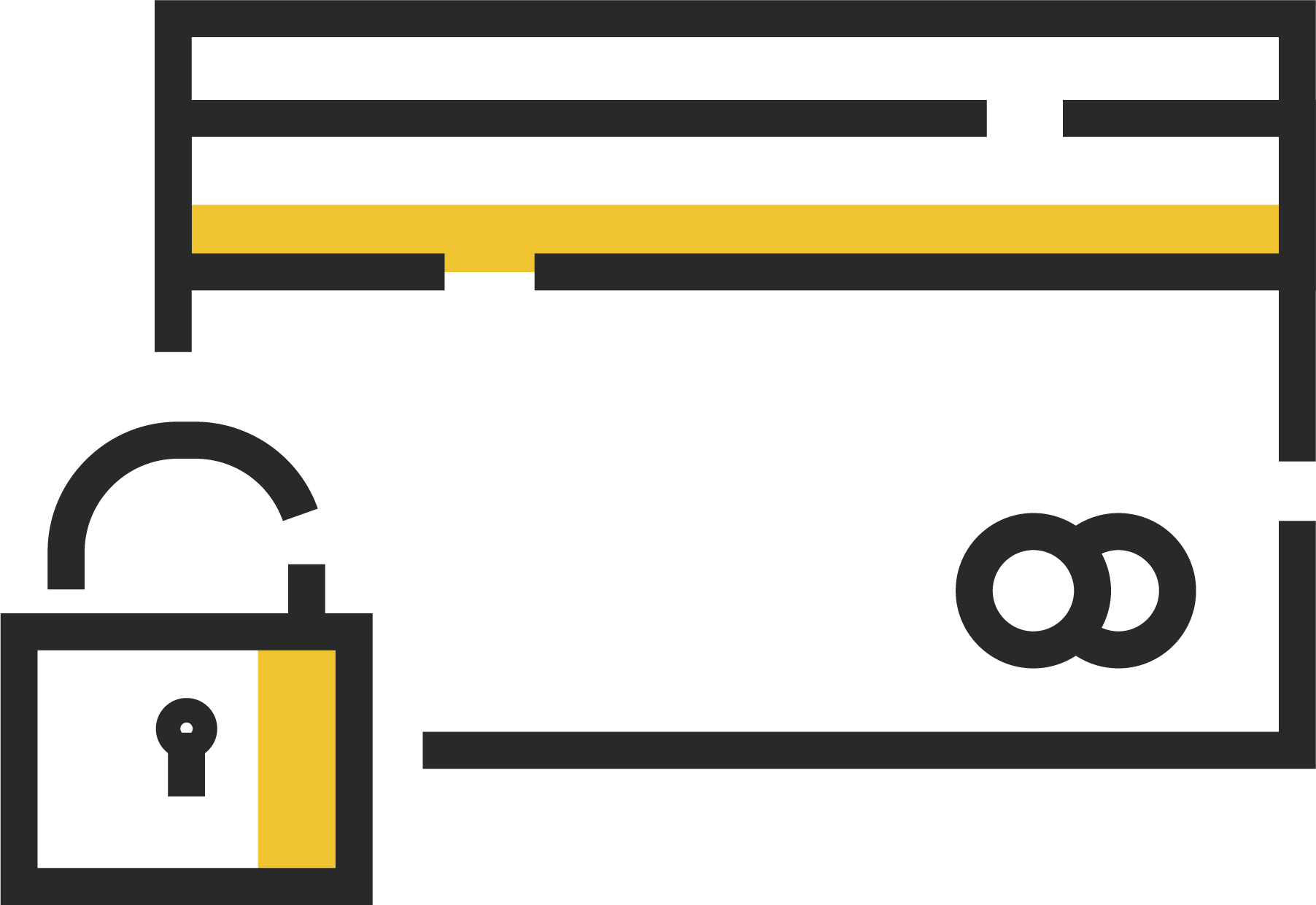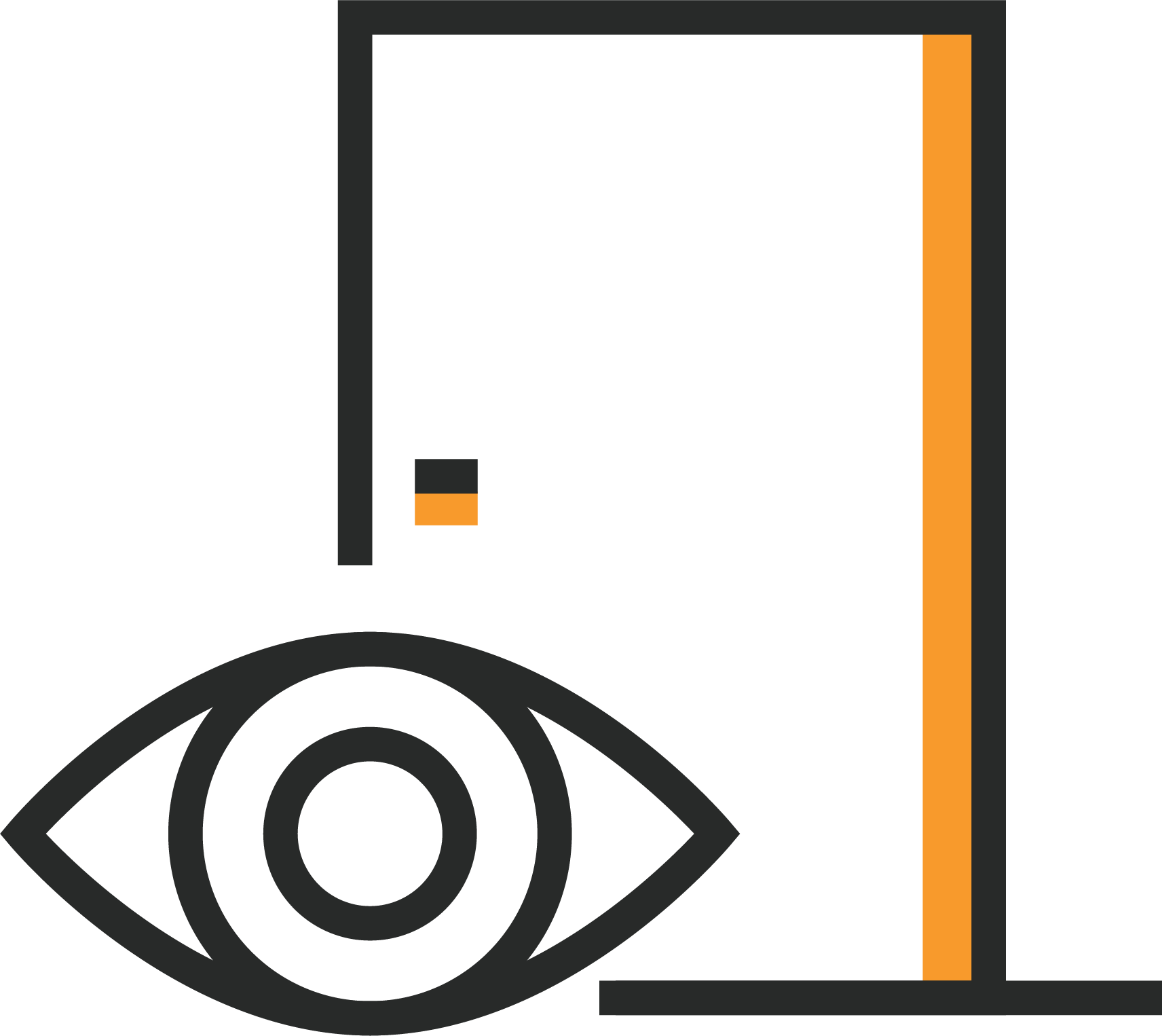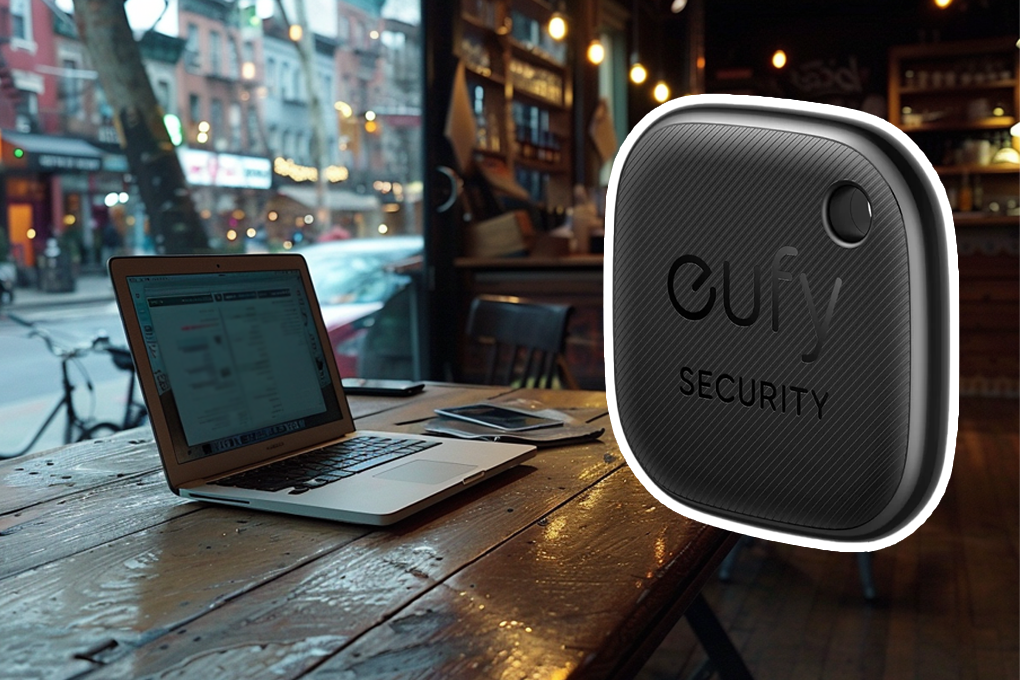Contents
Identity Theft and Fraud Are On The Rise
Some people only learn about identity theft when they’ve become a victim of identity theft. Others think about it as something that can only happen to other people. Unfortunately, identity theft and identity fraud are on the rise across the country, meaning it’s more likely that you or someone you know could have their identity stolen.
While preventative and protective measures are a strong component of a solid cybersecurity plan, it helps to know what to do if you suspect identity theft. Acting quickly to contain the damage done by an identity thief can make all the difference in catching an identity thief or losing thousands of dollars.
How to Check for Identity Theft
The first step is staying on top of your credit report and financial accounts.
If you regularly check your financial assets and the credit reports from the three major credit bureaus, you will be able to act quickly if anything seems amiss.
The three major credit reporting agencies offer free credit alert options for when new activity is detected. Sign up for these alerts as a security precaution.
Next, if you see new activity that you can’t identify, or receive a suspicious alert on your credit report, dive deeper. When and where was the new account opened? If you see suspicious charges on your debit or credit card statements, double check that they aren’t purchases you DID make, but the business operates under another name (unlikely but worth following up with). If you can’t identify the account or purchase, get in touch with the financial institution that it occurred with. Speaking with a fraud specialist will ensure that the activity on your account is reviewed and flagged if there is an instance of fraud.
Prepare today for peace of mind tomorrow.
Get occasional tips about keeping your family and home safe — delivered to your inbox.
What To Do If Your Identity is Stolen
If you’ve determined that there is evidence of someone stealing your identity, whether through your own deductions or by talking with a fraud specialist, that’s the time to take action. Depending on what the identity thief has done to gain your attention, that will dictate how you respond.
The comprehensive guide on how to report identity theft is a crucial resource for individuals uncertain about how to navigate the aftermath of such incidents. The emphasis on quick, informed responses—such as freezing credit accounts and updating login information—highlights the proactive measures one can take to secure their identity. In an era where personal information is increasingly vulnerable, understanding these steps is fundamental to cybersecurity.
– Kurt Sanger Cybersecurity Expert
Report Identity Theft to the Federal Trade Commission
By reporting your notice of identity theft to the Federal Trade Commission (FTC), you are helping the authorities track down a criminal who could have additional victims of identity theft.
Use the Federal Trade Commission Identity Theft Reporting website to make your claim. By filing a report, you’ll answer simple questions about what happened and get an action plan for the recovery process. If you make an account on their website, you’ll be able to track your progress in the recover plan, get help directly from identity theft and fraud experts, and pre-fill forms and letters that you may need to submit to credit bureaus and financial institutions.
Place a Fraud Alert with Credit Reporting Agency
If you noticed suspicious activity on your credit report as the first sign of identity theft, you’ll want to place a fraud alert with the major three credit bureaus as soon as possible. Each one has a fraud department dedicated to identity theft and fraud reports and they’ll be able to walk you through the process of setting up fraud alerts on the suspicious activity. You may also be recommended to freeze your credit while the investigation is ongoing. That will prevent you from being able to access any new forms of credit, but most importantly, it will keep the identity thieves from doing anymore damage. And don’t forget to sign up for credit report alerts if you haven’t already done so.
Click here to get the contact information for each of the three credit bureaus fraud departments.
Report Identity Theft to Police
Filing an identity theft report with the police regarding your identity theft case isn’t a requirement, but it can be helpful when tracking down the person who stole your identity. This can aid in the authorities catching the culprit and them having to pay back what they stole and be punished for their criminal activity.
So, when should you involve the police when it comes to identity theft? You should file a report if you:
- can provide evidence for the investigation
- know the person or group responsible for the theft
- are asked for a report by a creditor or other entity
If none of these three scenarios apply to you, then it’s up to you if you are comfortable involving the police.
Additional Action Items on How to Report Identity Theft
Here are a series of steps that you can take to lock down your personal identity information and prevent the cybercriminals from doing any more damage. You’ll want to report identity theft to any business where you suspect that there has been fraudulent activity.
- Review your credit reports. Determine what accounts and/or purchases were not made by you so that you can report them. You can report these to the appropriate businesses as fraud so that they can take action to prevent identity thieves from doing any more damage. You’ll also want to review your bank statements.
- Freeze any credit accounts. Most major credit card companies offer a Freeze feature, which locks down your card. This is a great tool to use whether you misplace your wallet, your credit card gets stolen, or you think your information is the result of identity theft.
- Freeze your credit report. This will prevent anyone from opening any new accounts that require your credit information.
- Update your login information for your financial accounts. Ensure that your login details haven’t been updated (address, email, password, username, etc.) and if they haven’t, immediately update them to a stronger password and enable 2-factor authentication. This is a great time to invest in a password manager so that you can start using very strong passwords without needing to write them down somewhere or attempt to memorize them.
- If you suspect tax fraud, contact the Internal Revenue Service (IRS) to report it.
- If you’ve lost your wallet, including your ID and credit cards, contact your local law enforcement agency. You’ll want to file a police report so that there is a record of your information being stolen.
Identity Theft Protection Services
Investing in the proper tools and services to protect yourself from identity theft should be one part of your identity theft security plan. While there are many businesses out there that claim to offer complete identity theft protection services, our expert advisors at Batten did the hard work of determining which services are actually worth your time, energy, and money. We reviewed credit monitoring services, identity theft tools, and identity theft insurance that offer more bells and whistles.
The top three services that our experts recommend for protection from identity theft include:
- Aura: A total all-in-one solution not just for identity theft but protection from all threats while using the internet, all of us here at Batten are big fans of Aura. Aura’s intuitive UI makes signing up and accessing the home dashboard simple. You can use a password manager, VPN, ID protection, and antivirus with one subscription. There are no term limits, so you can try Aura risk-free. Aura is best for anyone who is comfortable using standard software tools and browser extensions.
- Identity Guard: For total identity theft protection, Identity Guard offers the best bang for your buck. With two different tiers for accommodating different security levels and budgets, you should be able to find a plan that fits your lifestyle best. Our experts chose Identity Guard because it has comprehensive coverage that monitors your online information on the dark web, alerts you to fraud threats, helps you recover your assets, and includes a $1M identity theft insurance policy. They also liked that its intuitive setup process allows you to sign up and start protecting your online identity in minutes. Additionally, it has 24/7 US-based customer support.
- TDS: If all of this sounds great, but the thought of implementing your own cybersecurity protocols and software feels like more than you can handle, what you need is a cybersecurity concierge service. With Total Digital Security, you have access to professional cybersecurity advisors. You are assigned a personal specialist who is dedicated to working with you over the phone and available for consultation whenever you need. It offers a free, no-obligation assessment of your cybersecurity needs. All plans are personalized to you and your family. Our experts agree that TDS is best for those who are not tech-savvy and want a low-effort digital security solution.
Time to Protect Yourself Online
It’s much simpler to prevent identity theft than repair your identity after it has been stolen. That’s why our expert advisors recommend protection and prevention services for identity theft rather than identity theft insurance. The best time to get your cybersecurity plan finalized and take action is before you’ve become a victim.
We have several resources about protecting you and your family when it comes to identity theft:
- What is Identity Theft?
- What is Child Identity Theft?
- How to Check for Identity Theft
- New Study Finds the Best and Worst States in America for Identity Theft and Fraud
As you start your personal security journey, Batten’s Resources blog offers expert advise and recommendations on how to keep yourself safe online, at home, and in an emergency. And when you’re ready to purchase the solutions and services that can best keep you safe, our Marketplace is where you can go to find only the top best-in-class, expert recommended solutions that will keep you and your family safe.
